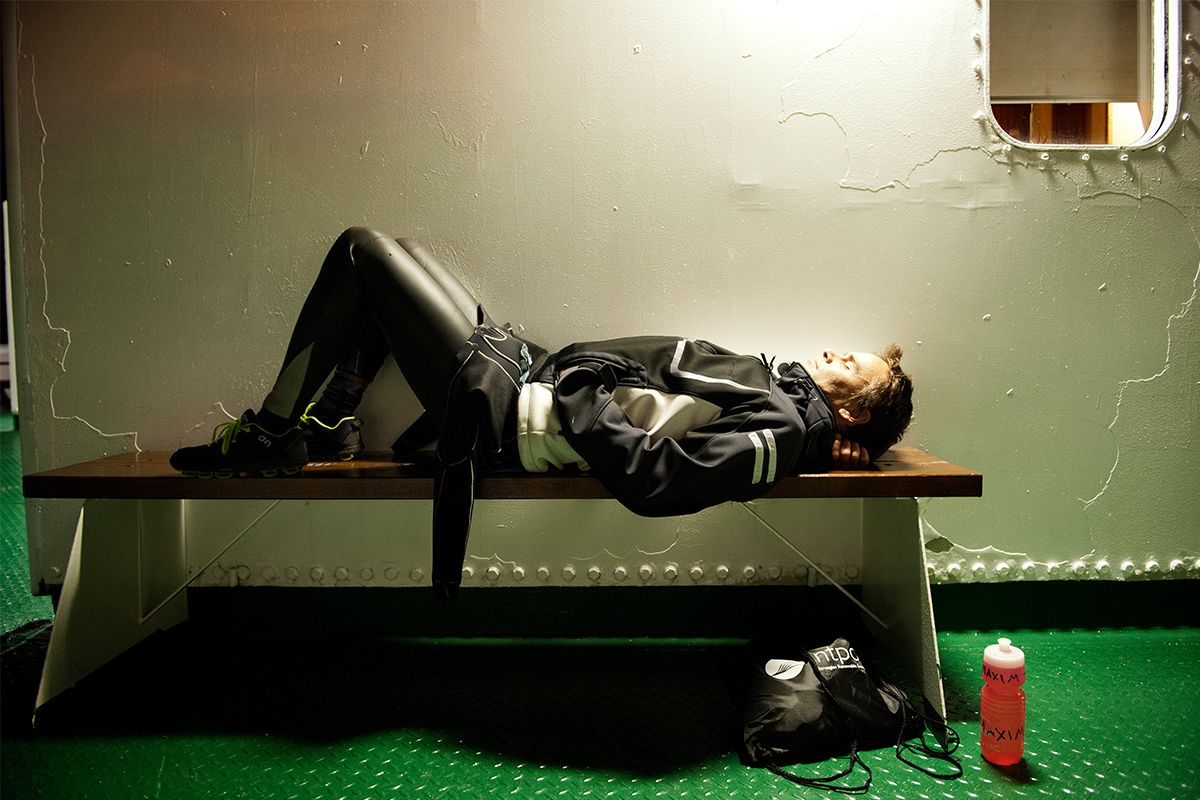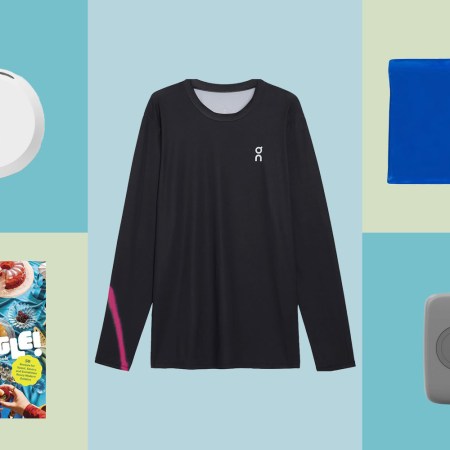According to a recent study published in the International Journal of Sports Physiology and Performance, elite athletes tend to get far less sleep each night than we’d expect. For years now, sports scientists have been beating the drum about sleep’s magical properties for catalyzing recovery and warding off injury. While these findings suggest that athletes are certainly aiming to reap those rewards, they often spend less time in bed than intended.
Researchers analyzed the sleep habits of 175 athletes across 12 Australian national teams, sourcing biometric markers from wristbands. Before the study began, athletes were asked how many hours of sleep they need each night in order to feel rested. The average came to about 8.3.
All but 3% of the volunteers didn’t regularly reach that mark. The average turned out to actually be around 6.7 hours a night. An overwhelming majority of the athletes, as Outside points out, even met the definition for insufficient sleep, defined as falling “more than an hour short of your self-assessed sleep need.”
What’s going on here? How are elite athletes able to grind through taxing training days after going to bed relatively late and getting up relatively early? (The average sleep time and wake-up time were 11:24 p.m. and 7:18 a.m., respectively.) Do they just require less sleep than us mere mortals?
It’s possible. Sleep scientists have barely scratched the surface in understanding exactly how sleep (or lack thereof) affects athletic performance. Perhaps those who are preternaturally adept at finishing triathlons are just able to do more on less sleep. Now, that doesn’t make it a healthy habit — study after study has shown that sleep is when the body repairs itself — but it could explain how so many of the athletes were training on a similar schedule.
There are two other considerations: A) elite athletes are human beings, with families and flaws, and life is naturally going to get in the way of their perfect bedtimes; and B) perhaps maintaining a consistent threshold of enough sleep is more important than posting big numbers in the eight-or-more-hours range.
Remember, athletes are less likely to go out partying or answer emails until midnight. They may not have to supplement four-hour “sleeps” with 10-hour Sunday sleep-ins. If nothing else, that level of predictability has to be an asset as they navigate a week of hard training sessions.
Whether you’re looking to get into shape, or just get out of a funk, The Charge has got you covered. Sign up for our new wellness newsletter today.


















